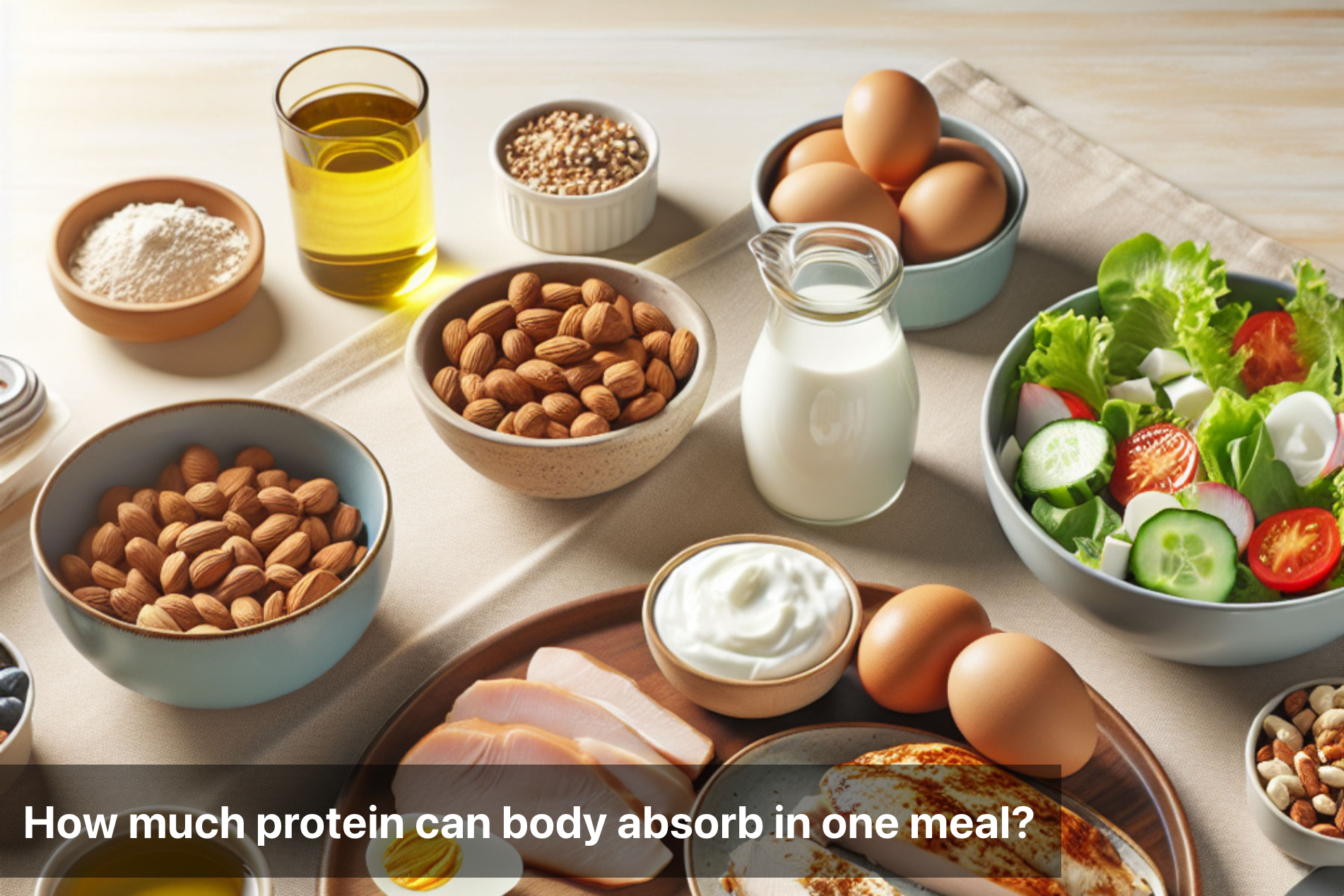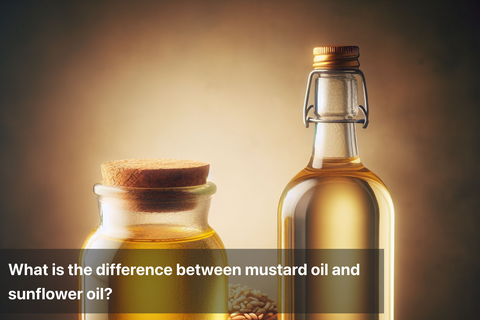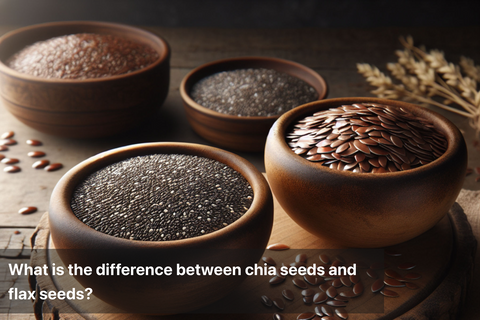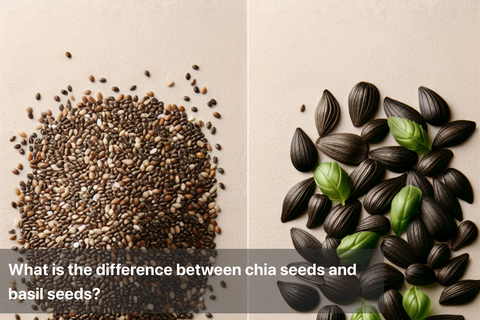
How much protein can body absorb in one meal?
Protein is a crucial macronutrient necessary for muscle growth and overall health. Many individuals are eager to unlock the mysteries of protein absorption in a single meal to optimize their dietary habits. Contrary to common myths, the body has a limit on how much protein it can absorb effectively in one sitting. However, this limit varies depending on several factors.
The body can efficiently absorb around 20-25 grams of protein per meal. Consuming more protein than this threshold may not necessarily result in additional muscle growth or health benefits. Instead, the surplus protein might be stored as fat or excreted by the body.
Understanding this concept is vital for individuals striving to enhance their protein intake. By debunking the myth that the body can absorb limitless amounts of protein in one meal, people can make more informed dietary choices. Optimal protein absorption can be achieved by distributing protein intake evenly across meals throughout the day. This approach ensures a steady supply of amino acids for muscle repair and growth, supporting overall health and fitness goals.

Protein Digestion Process
Protein digestion process involves several steps that allow the body to break down dietary protein into its building blocks, amino acids, which are essential for various bodily functions. When you consume protein-rich foods, such as meat, fish, or dairy, the digestion process begins in the stomach where pepsin, an enzyme, starts breaking down the protein strands into smaller peptides.
As the partially digested protein moves to the small intestine, it encounters proteases, which further break down the peptides into individual amino acids. These amino acids are then absorbed through the intestinal lining and enter the bloodstream to be transported to different cells in the body.
The efficiency of protein absorption can vary based on factors like the type of protein consumed, the presence of other nutrients in the meal, and individual differences in digestion. Despite the body's ability to digest and absorb protein efficiently, there is a limit to how much protein can be absorbed in one meal, which is often cited as around 20-25 grams per meal for optimal utilization by the body.
Understanding the protein digestion process can help you make informed choices about your protein intake and meal composition to support muscle growth, recovery, and overall health. By selecting high-quality protein sources and spreading your protein intake throughout the day, you can optimize the absorption of this vital nutrient for your body's needs.
Factors Affecting Protein Absorption
Digestive Health: Conditions like digestive disorders can hinder absorption.
Protein Source: Different proteins are absorbed at varying rates.
Digestive Enzymes: Adequate enzyme production aids in breaking down proteins.
Meal Composition: Consuming protein with other nutrients can affect absorption.
Stomach pH: Acidic environment facilitates protein breakdown.
Hydration: Sufficient water intake aids in digestion and absorption.
Medications: Certain drugs can interfere with protein absorption.
Physical Activity: Exercise can enhance protein utilization and absorption.

Protein Digestion: Exploring the Limits of Absorption per Meal
Understanding how much protein the body can absorb in one meal is crucial for maximizing muscle growth and overall health. It’s not just about the quantity of protein consumed, but also how effectively it is absorbed and utilized by the body. While there is a limit to how much protein can be absorbed in a single sitting, spreading out protein intake throughout the day can help optimize absorption and utilization.
A balanced diet that includes a variety of high-quality protein sources is essential for meeting daily protein needs and supporting muscle recovery and growth. Additionally, combining protein with other nutrients like carbohydrates and healthy fats can enhance protein absorption and provide sustained energy levels throughout the day.
Incorporating protein-rich foods such as lean meats, poultry, fish, eggs, dairy products, legumes, and plant-based sources into meals and snacks can help individuals achieve their daily protein requirements. Remember, protein is not just important for athletes and bodybuilders, but for anyone looking to maintain a healthy lifestyle and support their overall well-being.
By making informed choices about protein intake and focusing on a balanced diet, individuals can ensure they are meeting their daily protein needs for optimal health and fitness. Prioritizing nutrient-dense foods and mindful eating habits will contribute to long-term wellness and vitality.
FAQs
-
How much protein can the body absorb in one meal?
The body can effectively absorb around 20-25 grams of protein per meal, depending on individual factors such as age, weight, and overall health.
-
Is it necessary to consume all protein in one meal?
No, it is not necessary to consume all your protein in one meal. Spreading protein intake evenly throughout the day is beneficial for muscle protein synthesis.
-
What happens if I consume more protein than my body can absorb in one meal?
Consuming excess protein in one meal may result in the unused protein being stored as fat or eliminated from the body. It is recommended to space out your protein intake for optimal absorption.
-
Are there specific types of protein that the body can absorb better in one meal?
Protein sources such as whey, casein, and eggs are known to be absorbed efficiently by the body in one meal. However, variety in protein sources is key for overall nutrient balance.
-
How can I enhance protein absorption in one meal?
Pairing proteins with a source of carbohydrates or fats can help enhance protein absorption. Additionally, proper chewing, adequate hydration, and minimizing distractions during meals can optimize protein utilization by the body.
This Blog post is an initiative by Lo! Foods, to provide accurate and Nutritionist / Doctor approved information related to Health. Lo! Foods is India's leading brand for Everyday Functional Foods. Foods designed for specific Health conditions or Needs. Lo! Foods also runs India's largest range of Low Carb Healthy Cloud Kitchens, under the brand names of Lo!, ProteinChef, ATH (All Things Healthy) and DiabeSmart.















Leave a comment
Your email address will not be published.